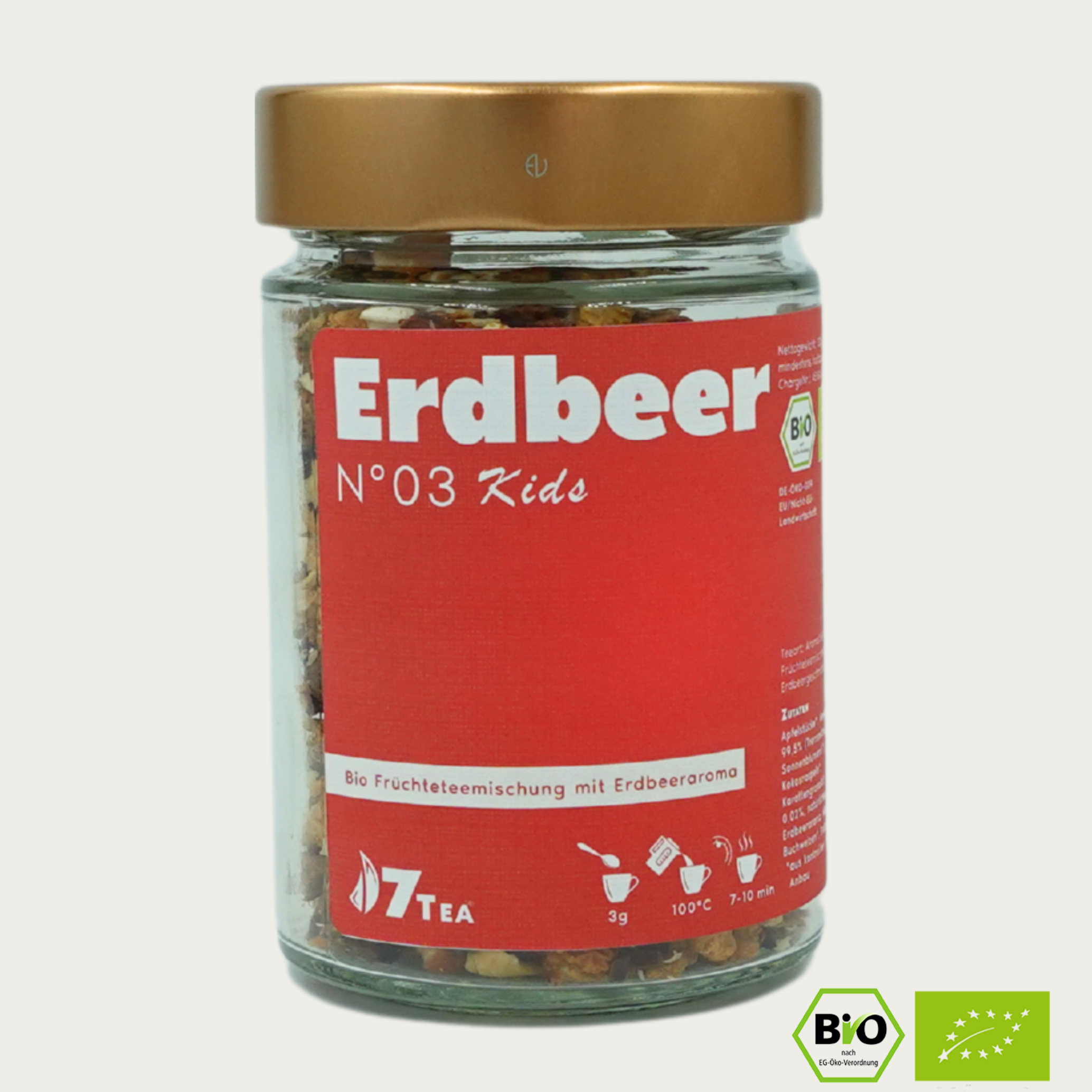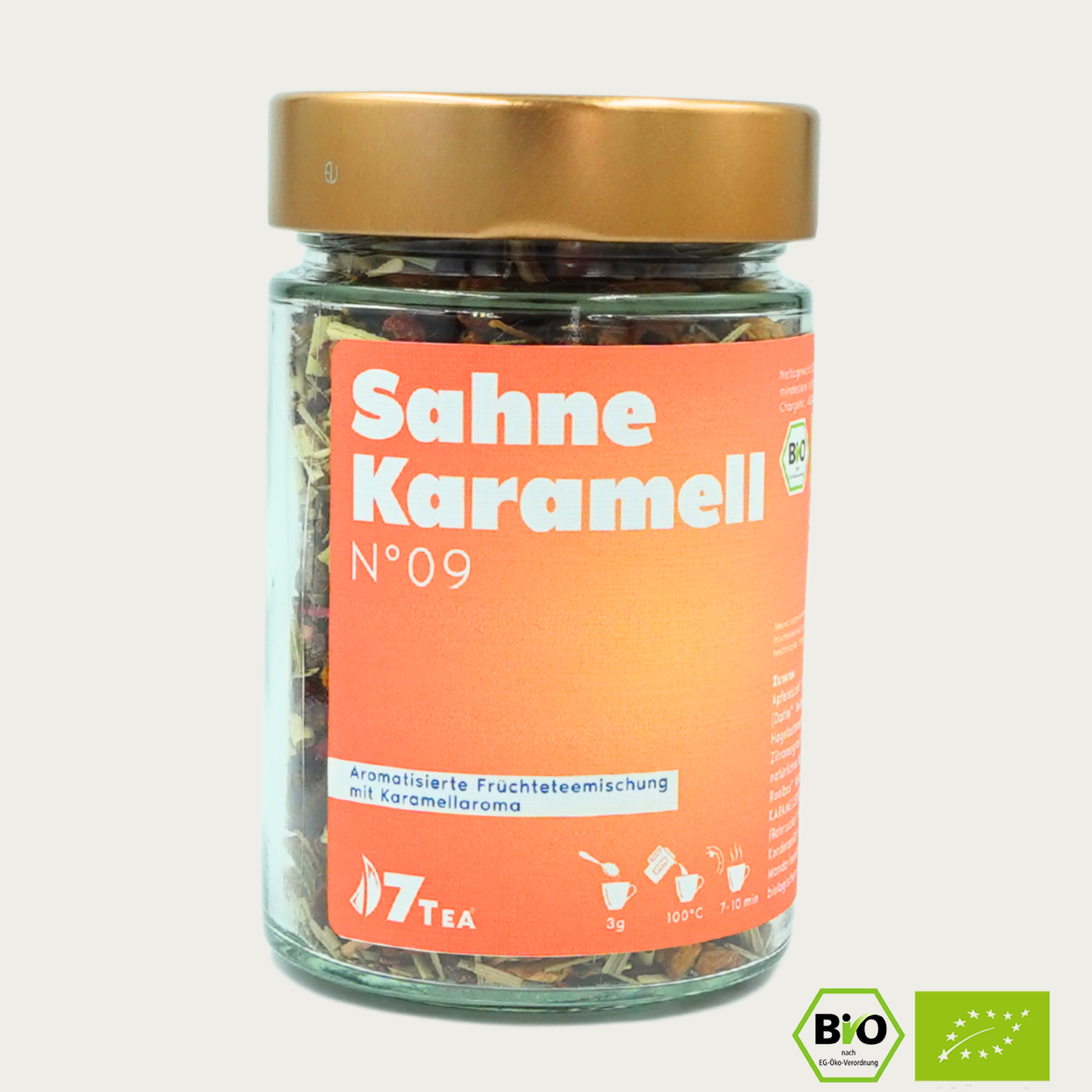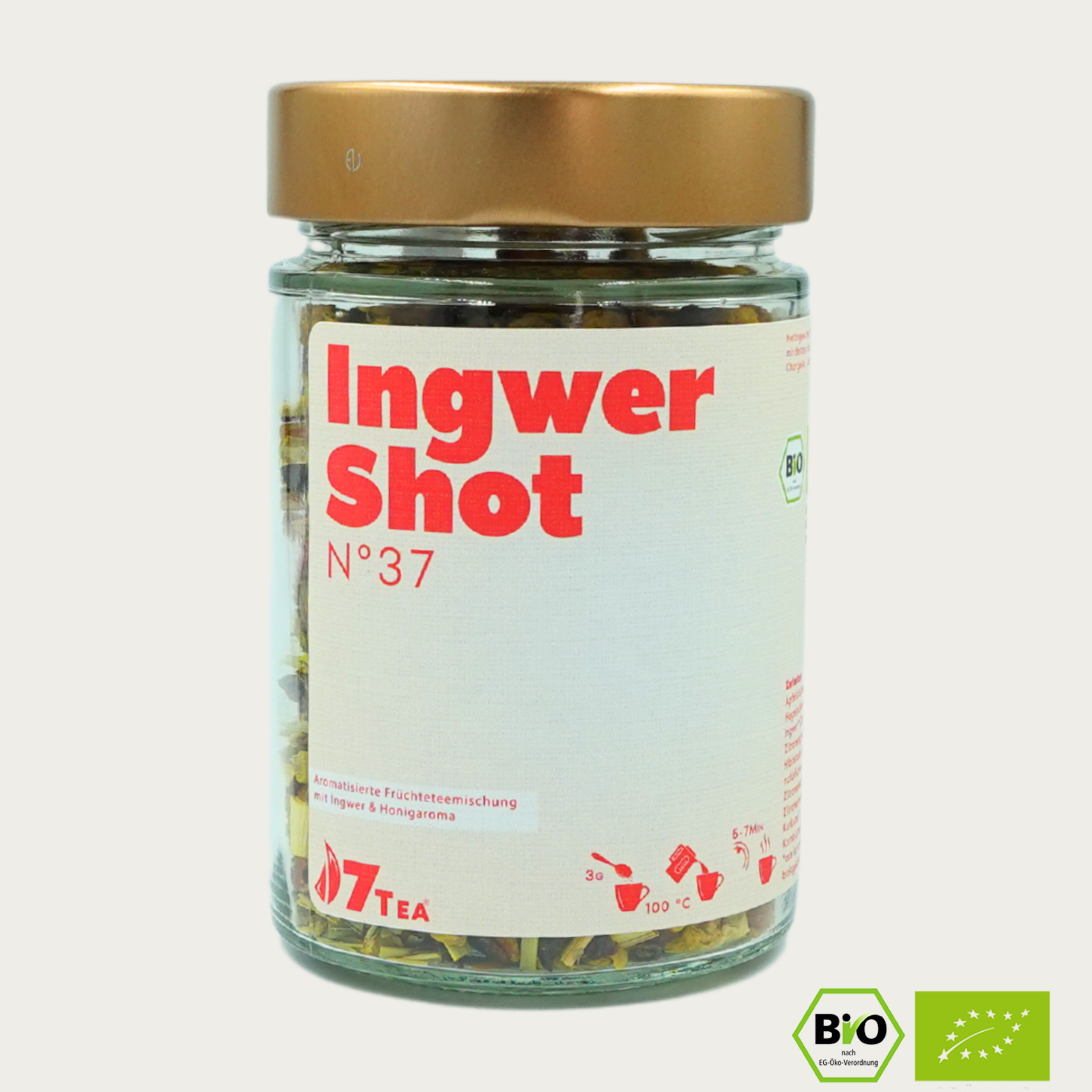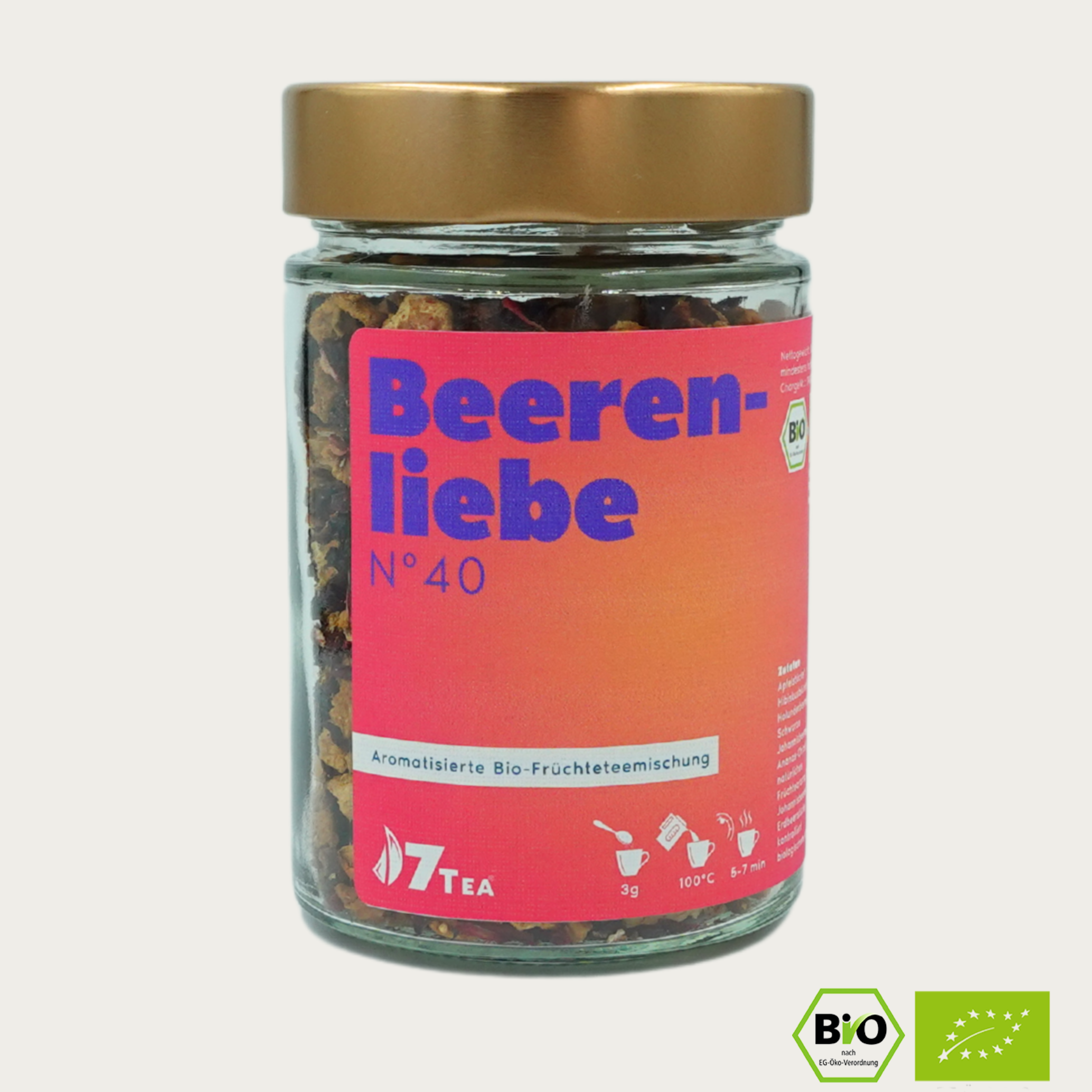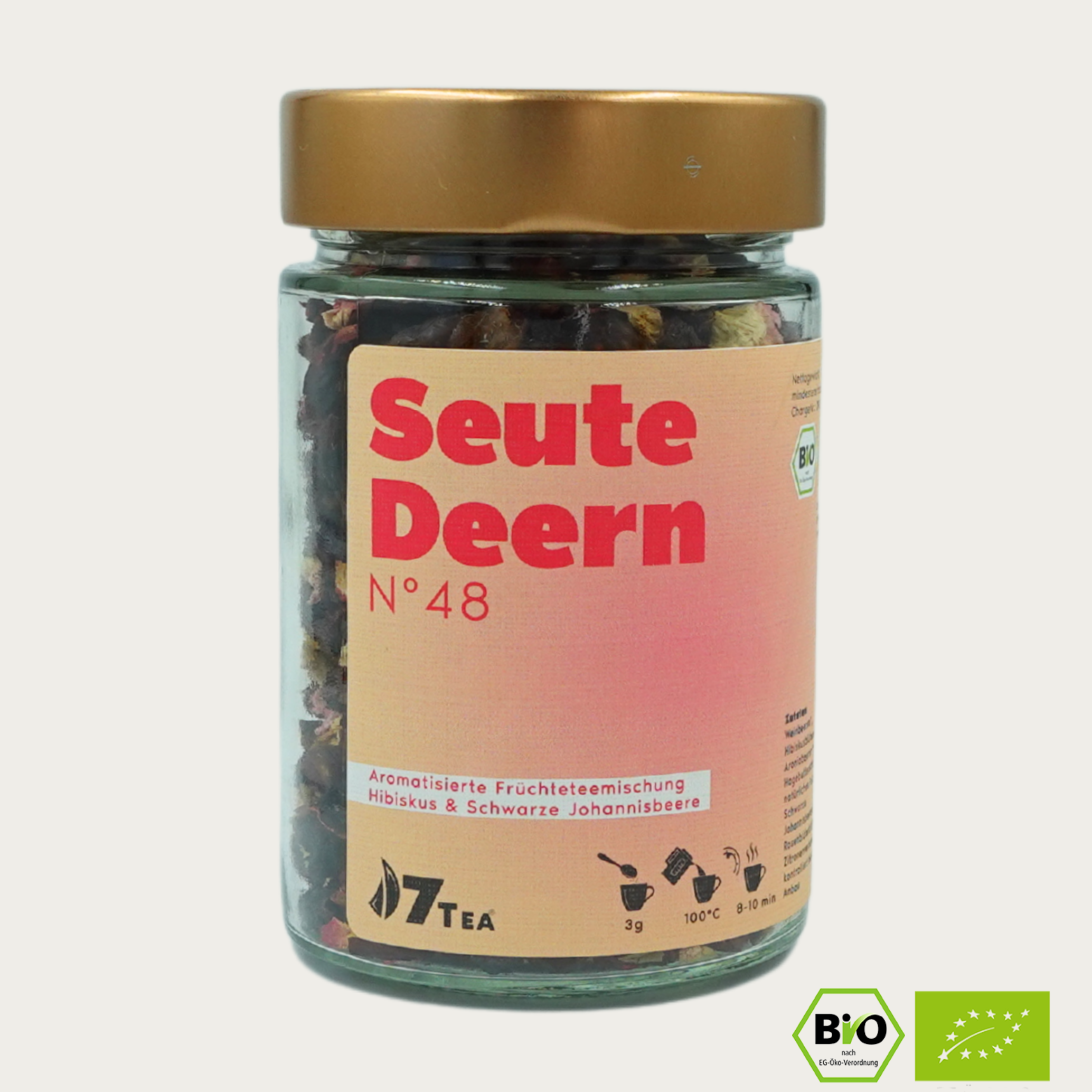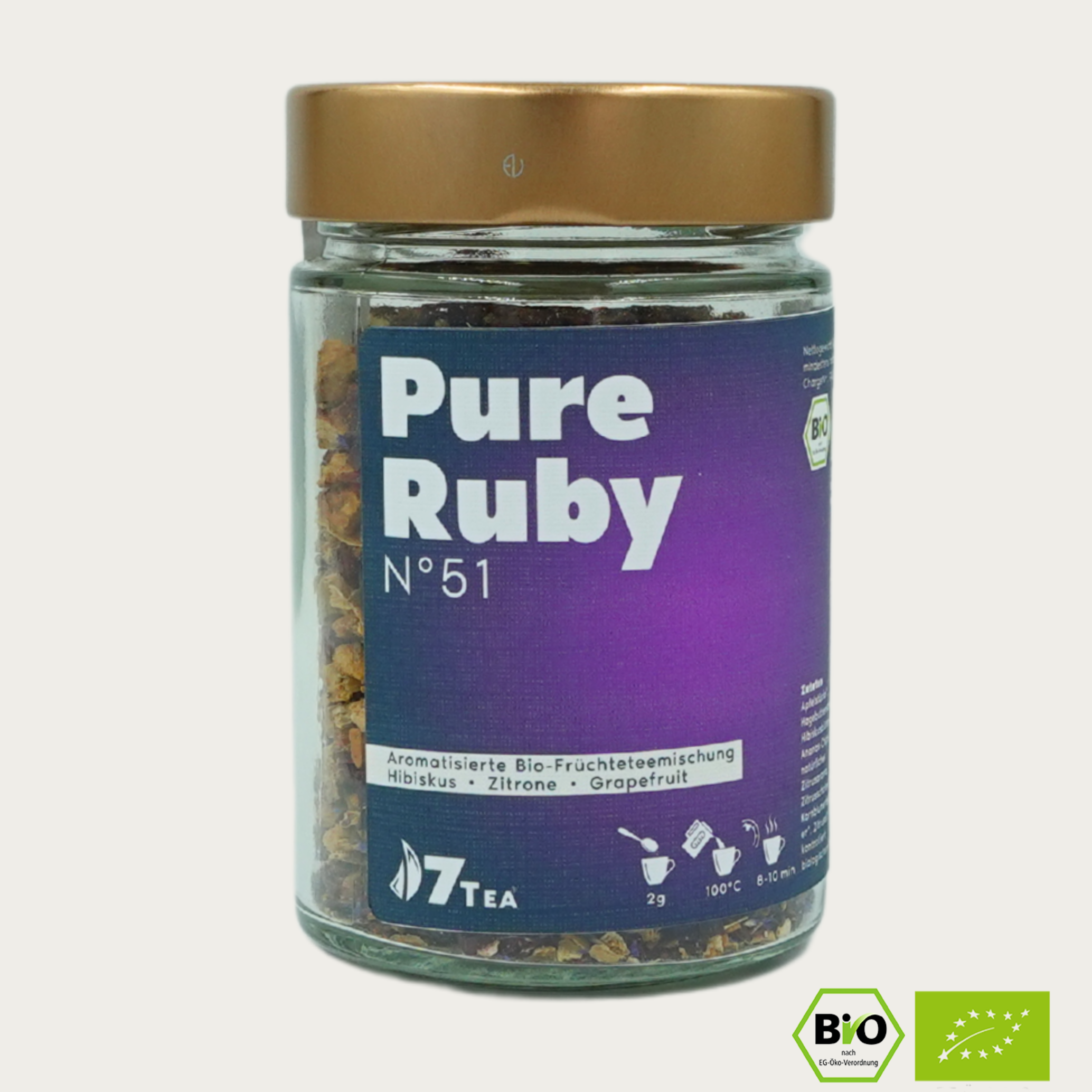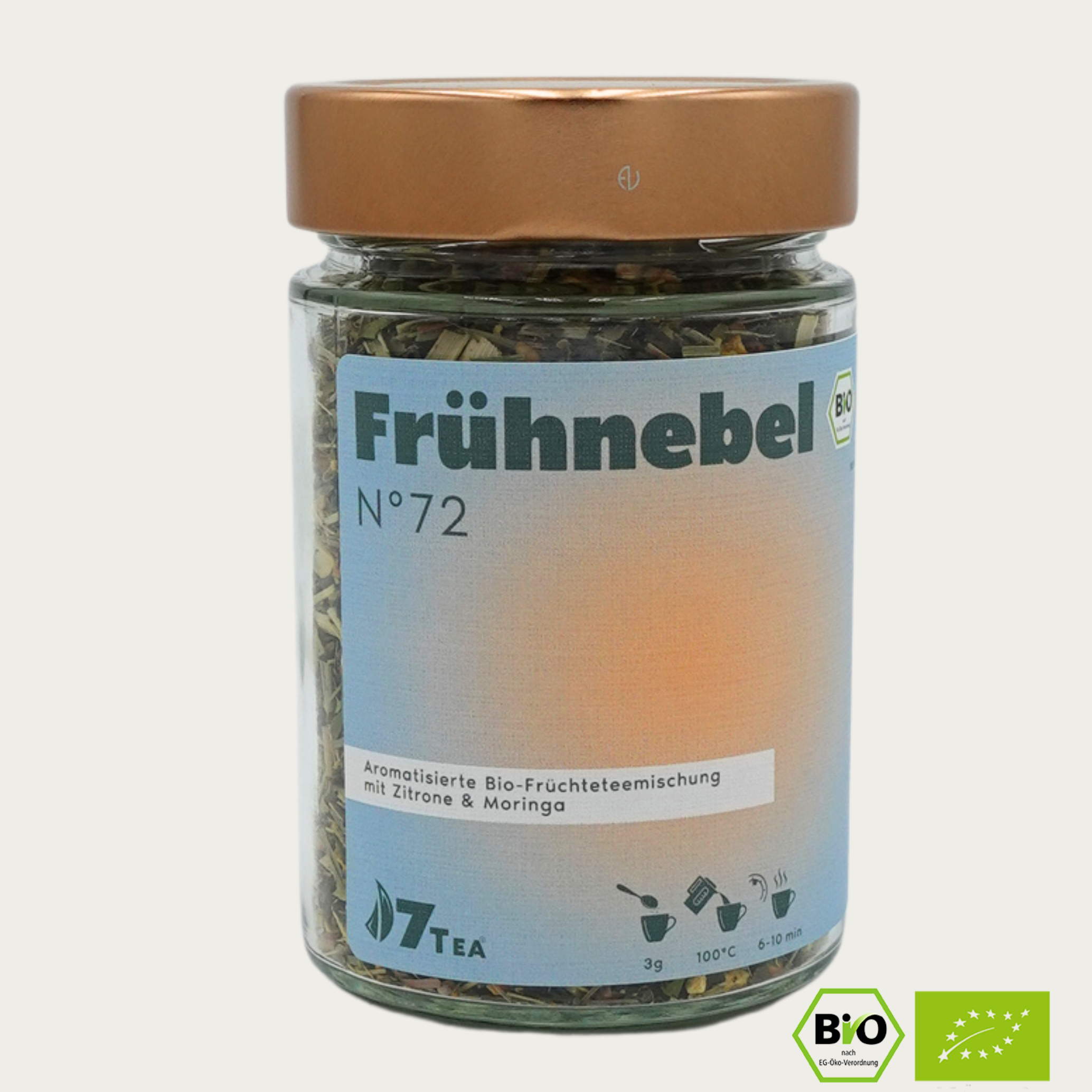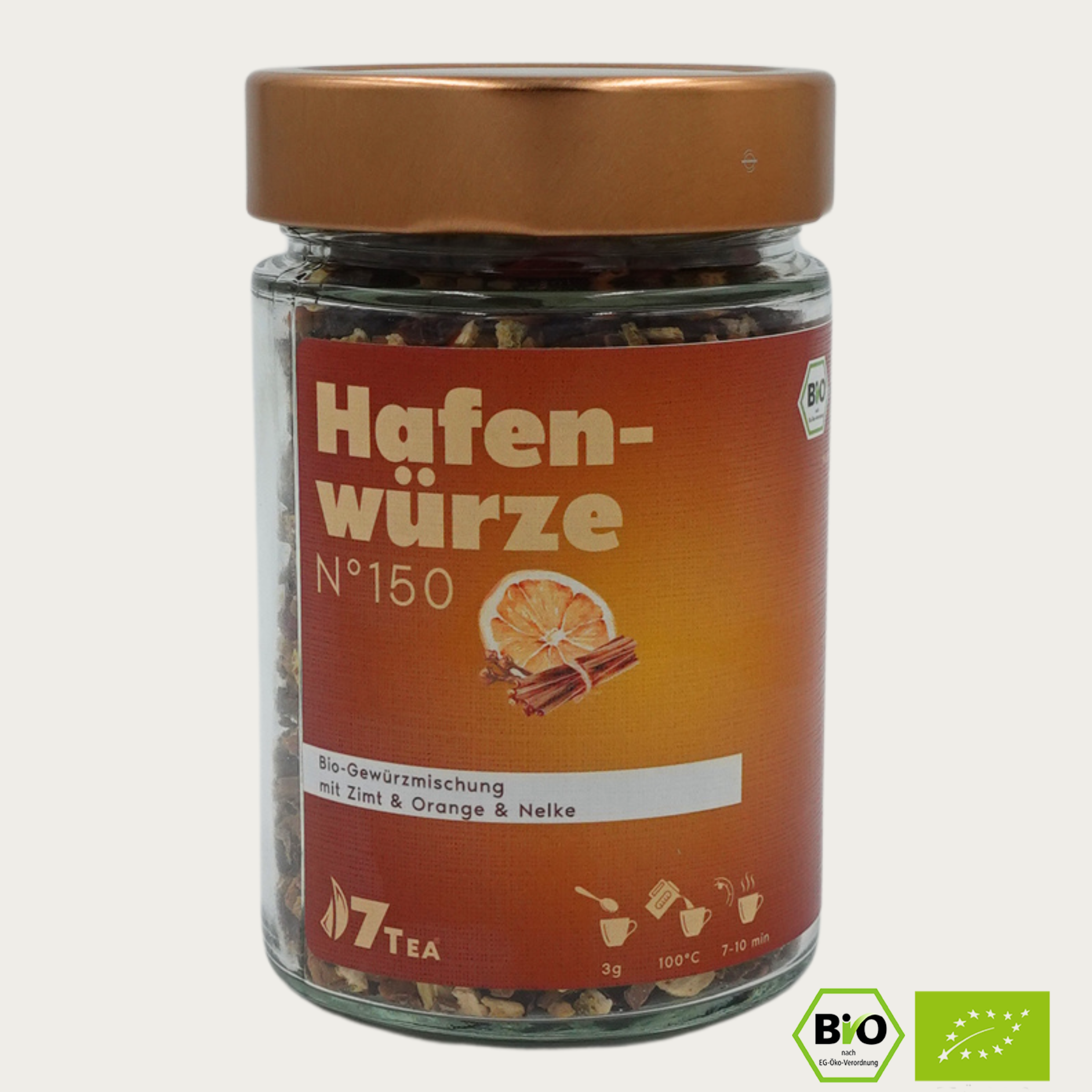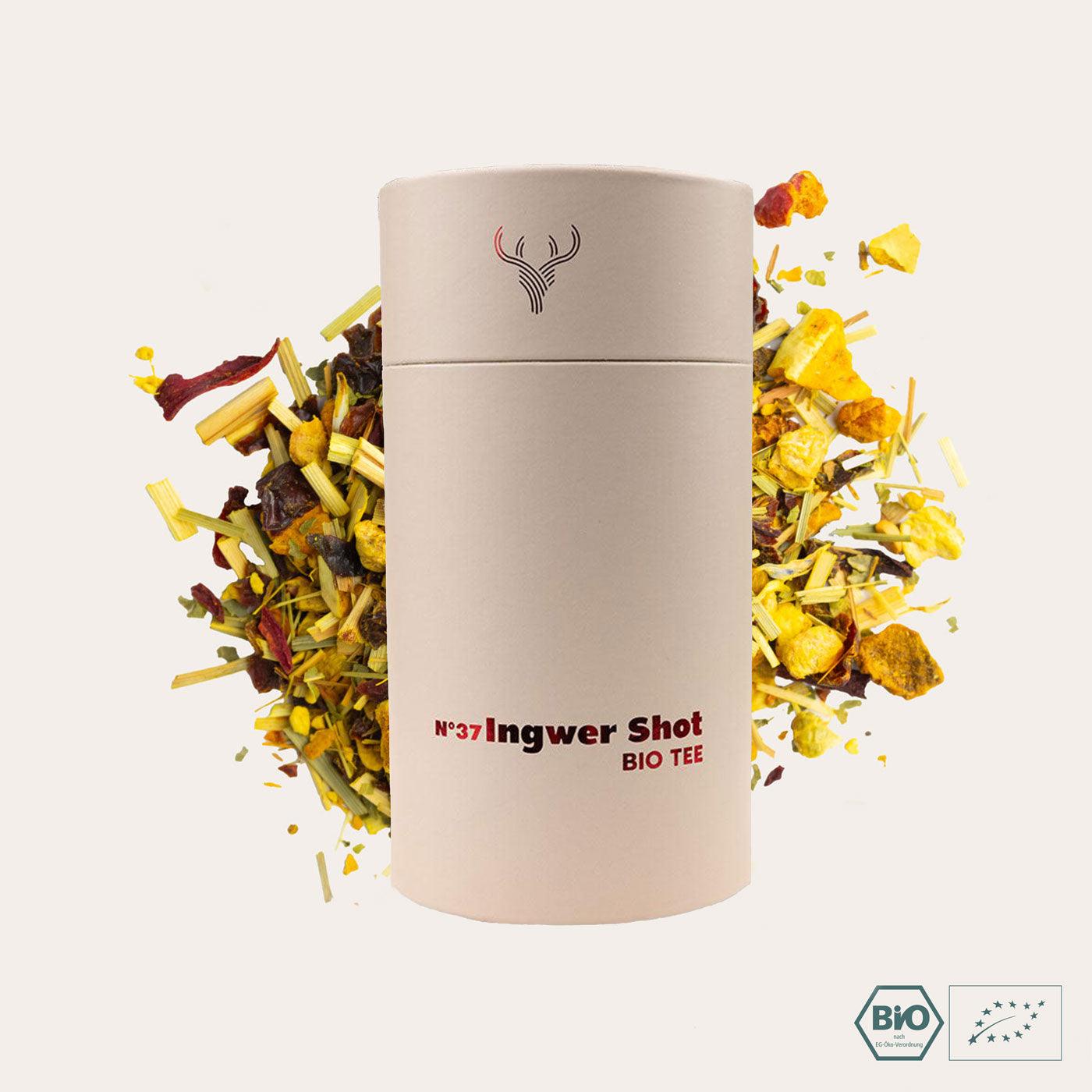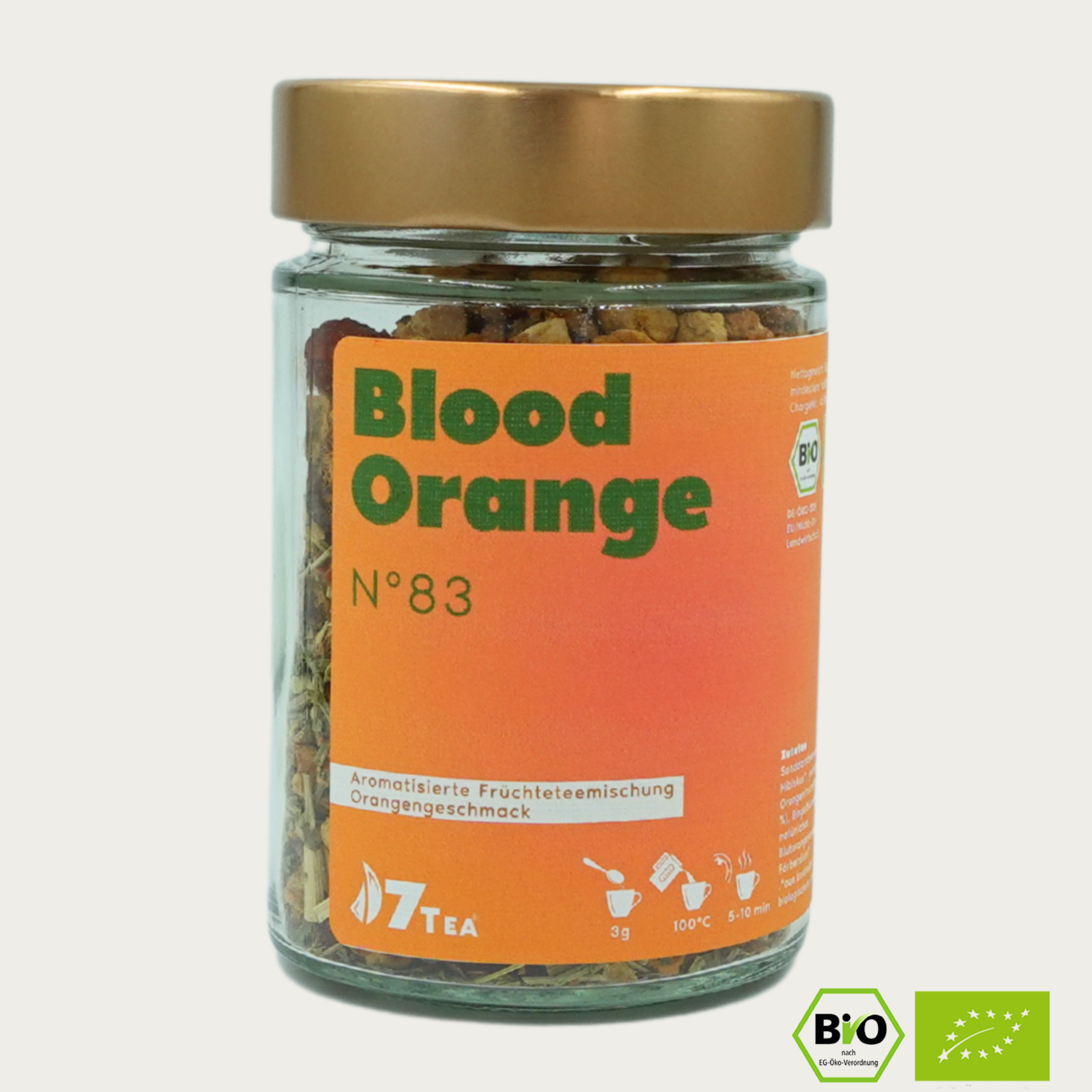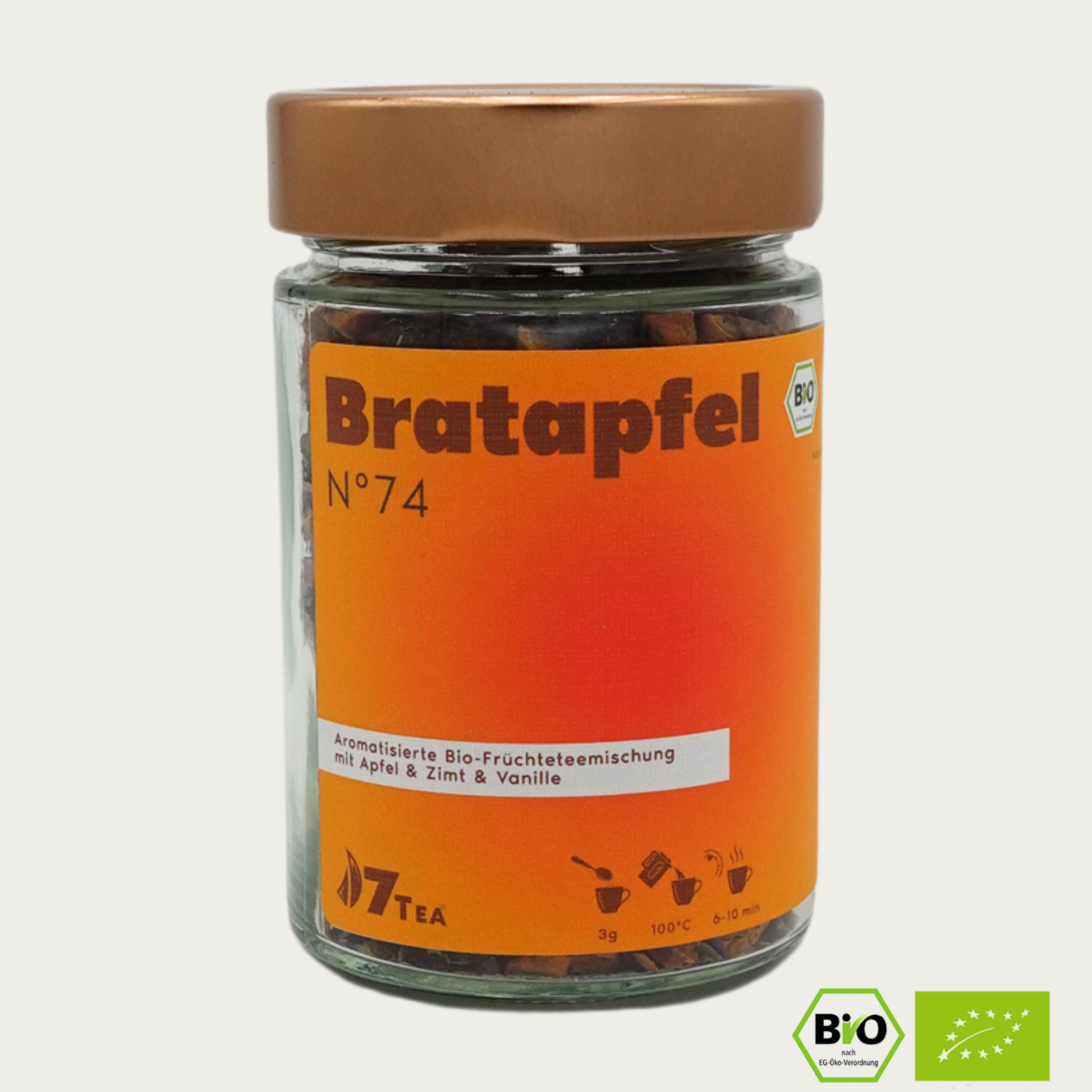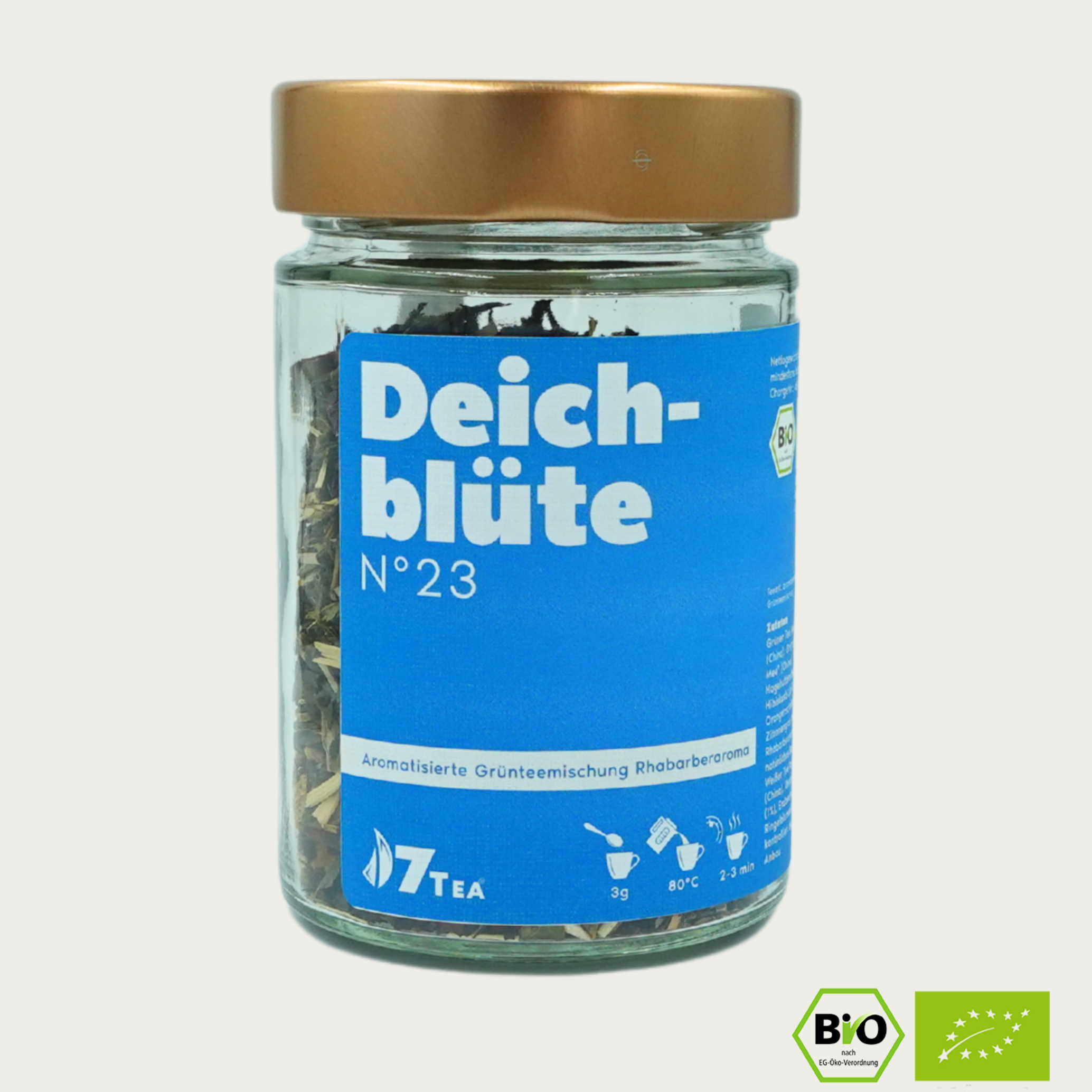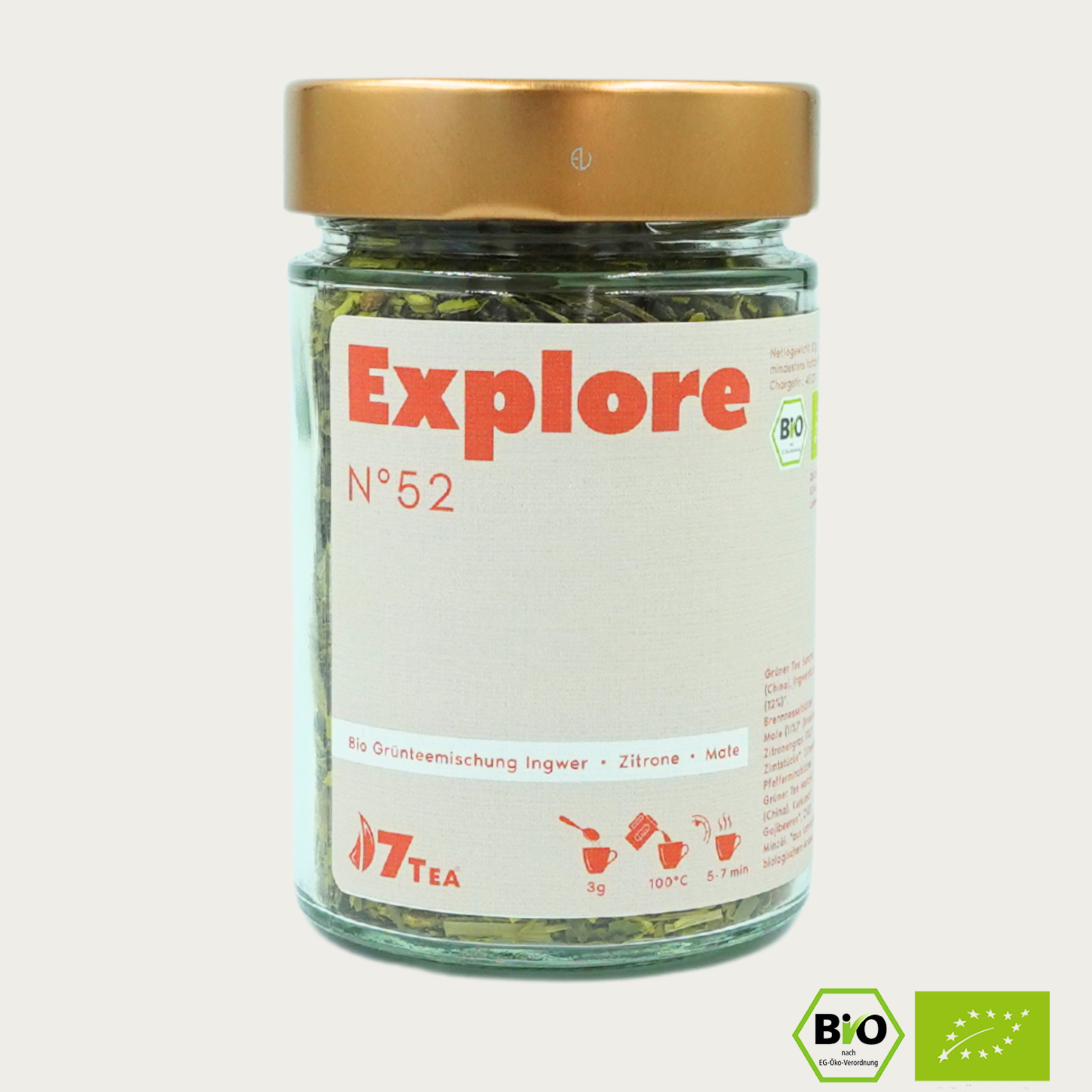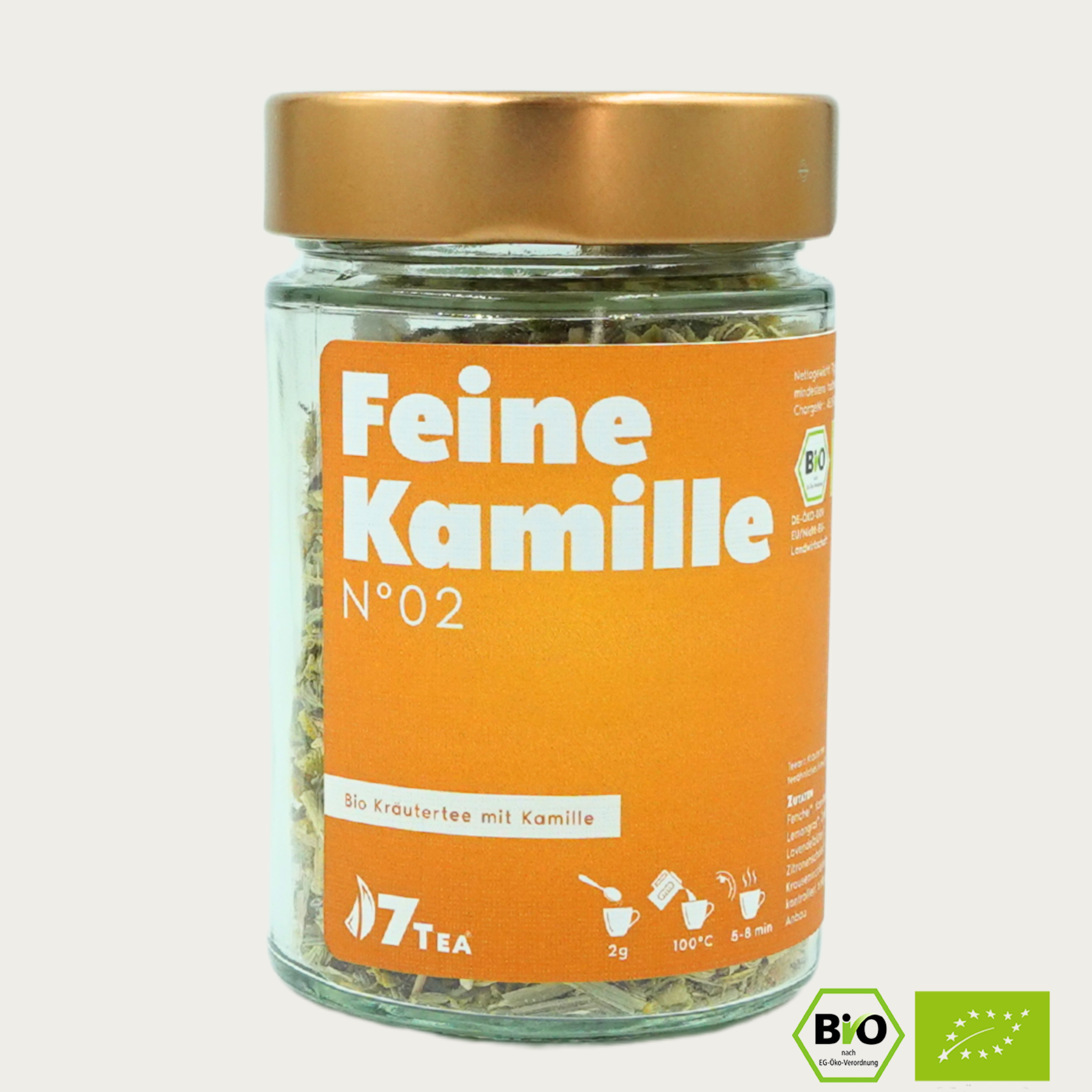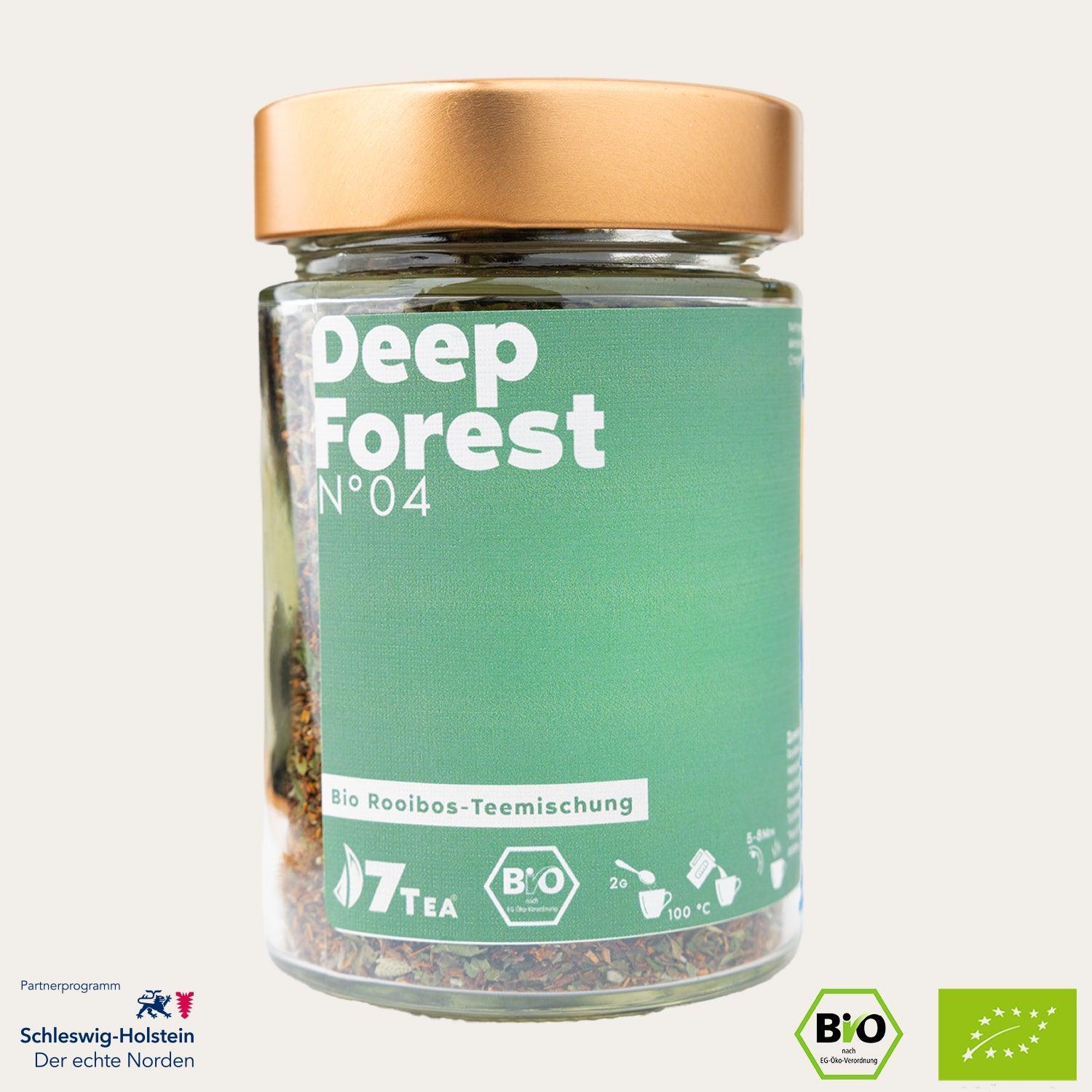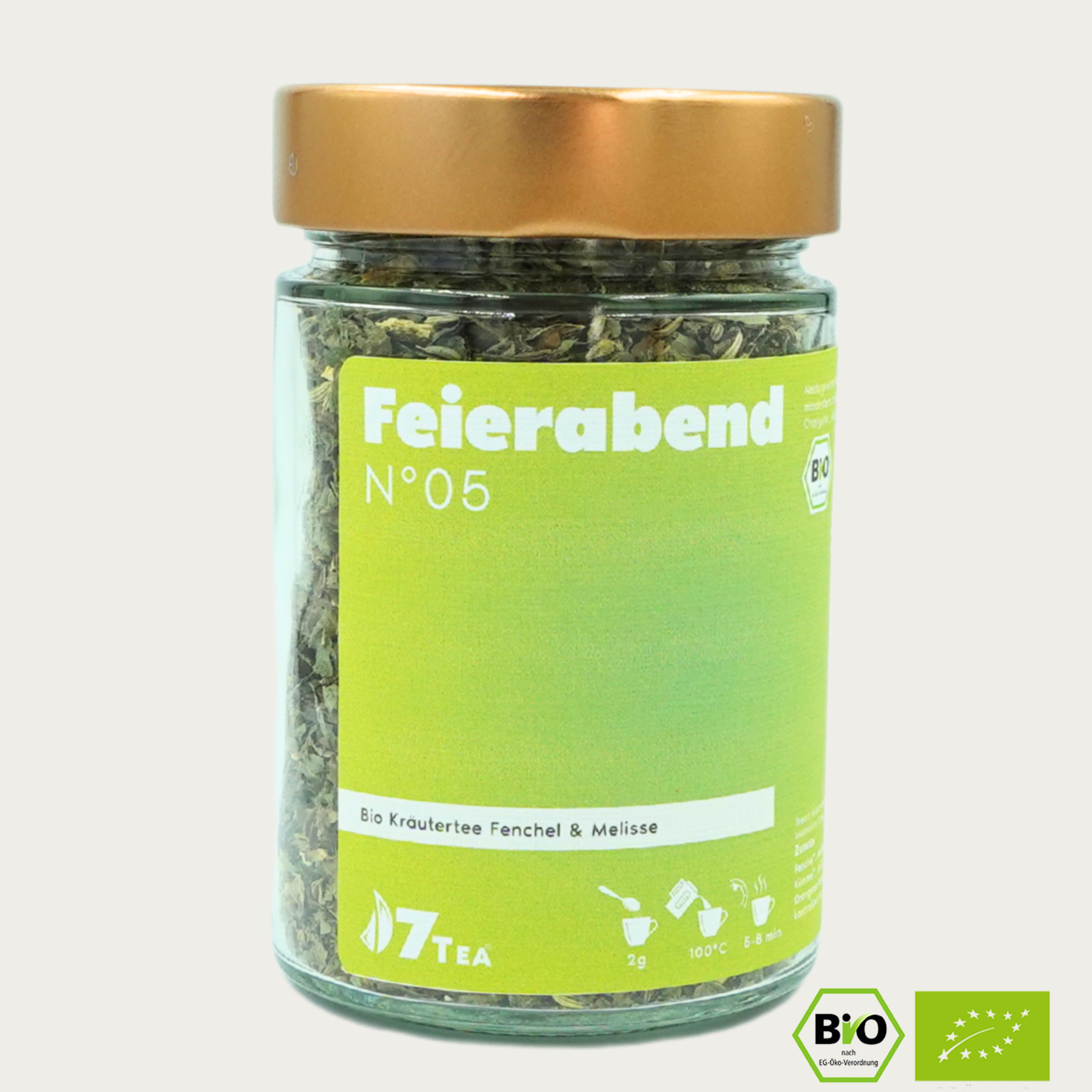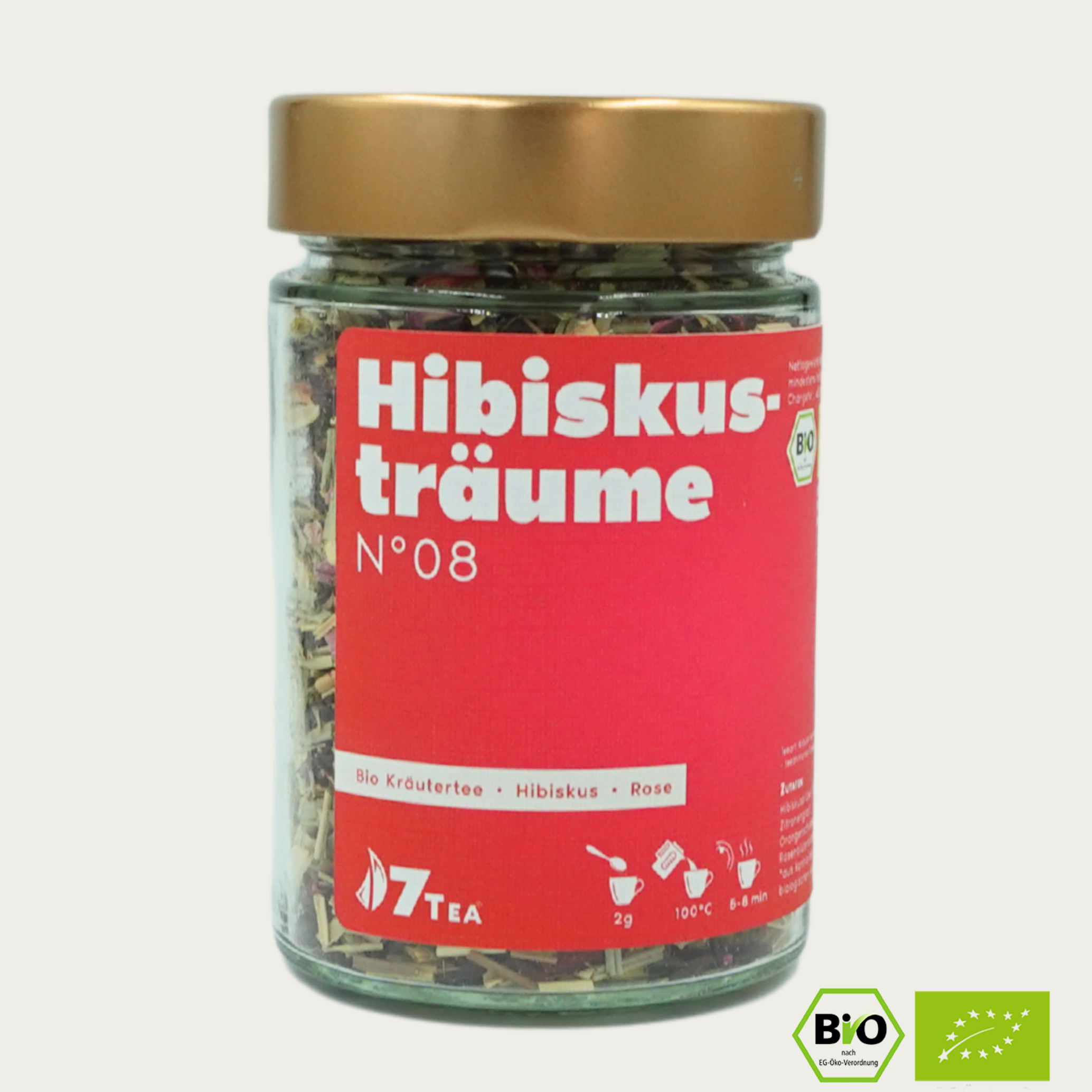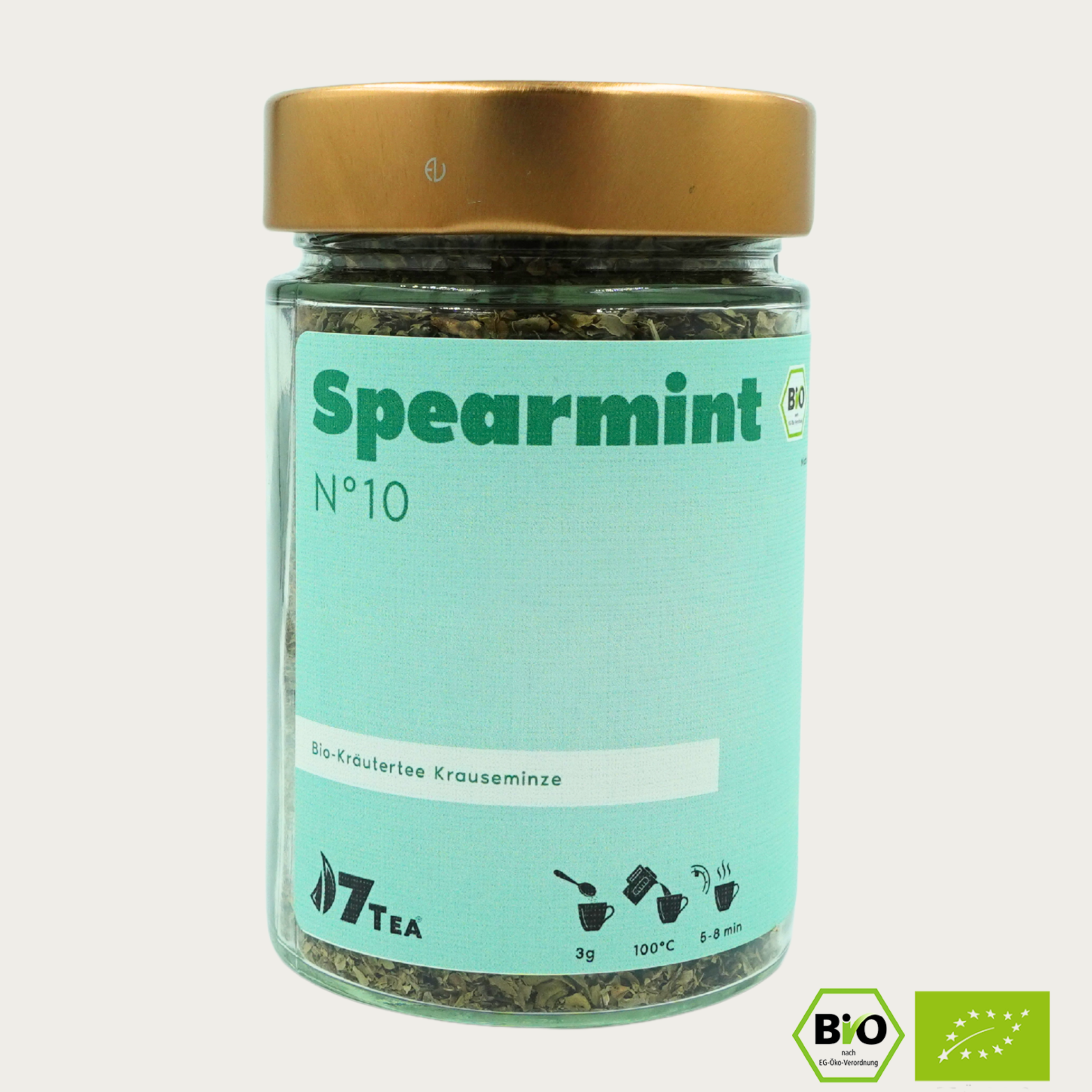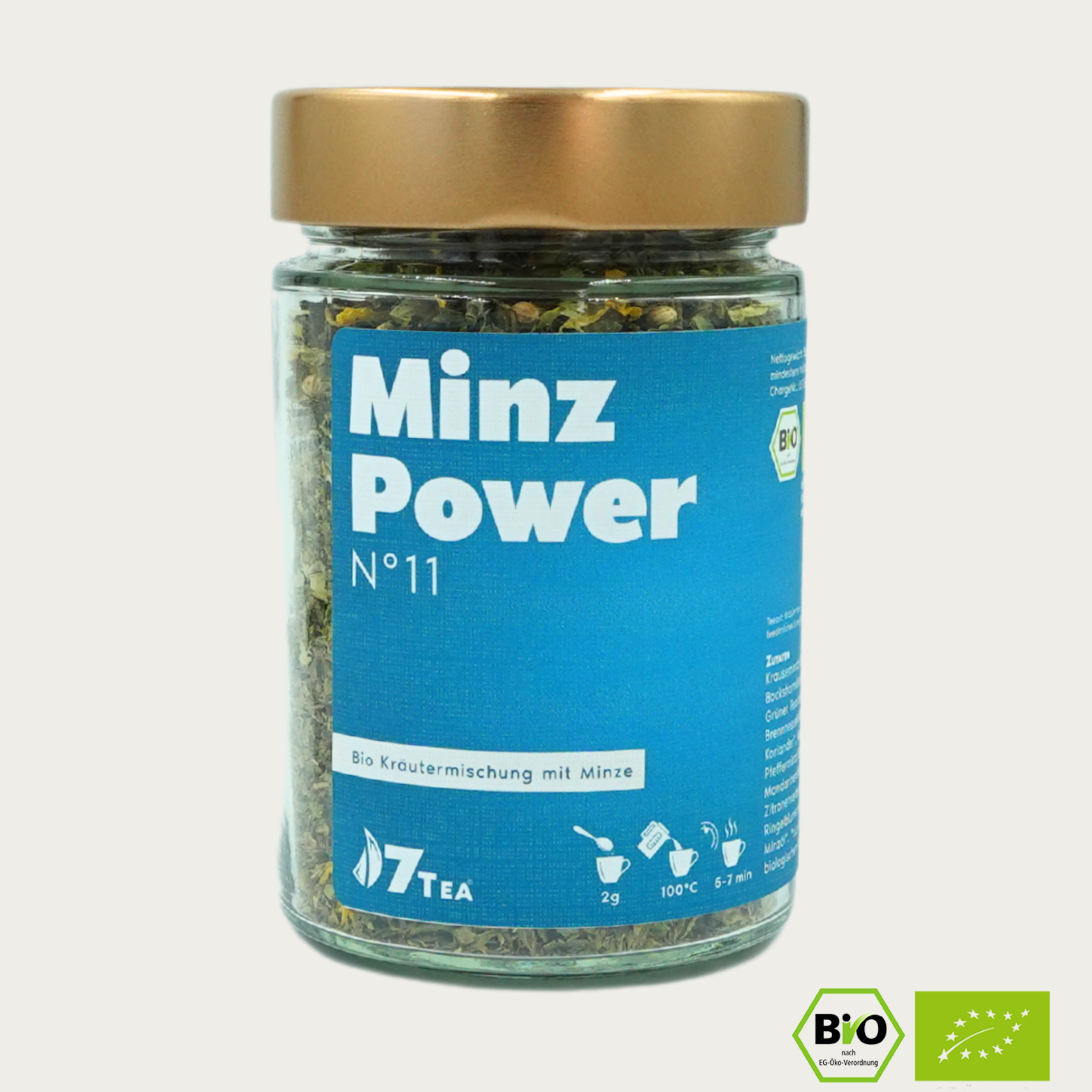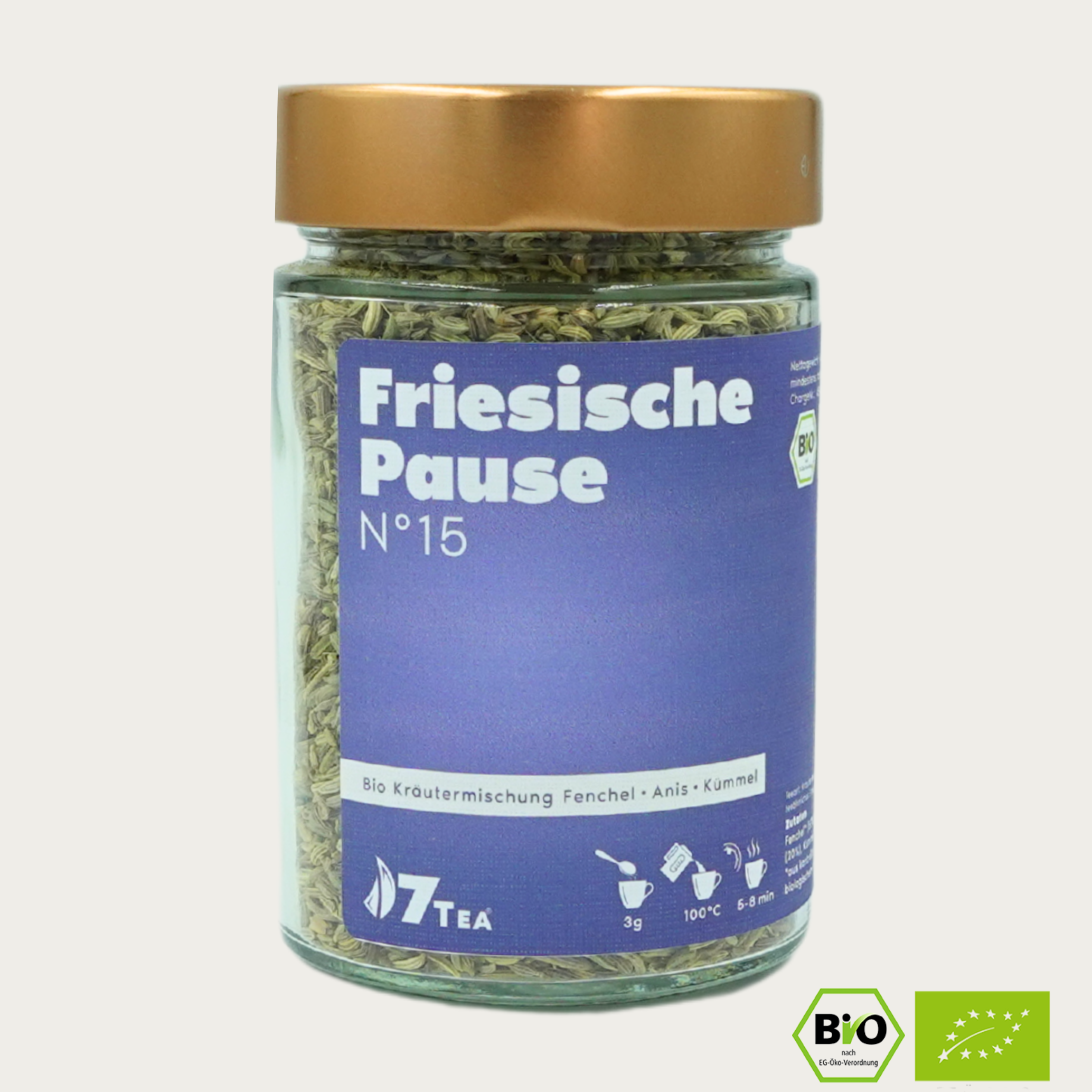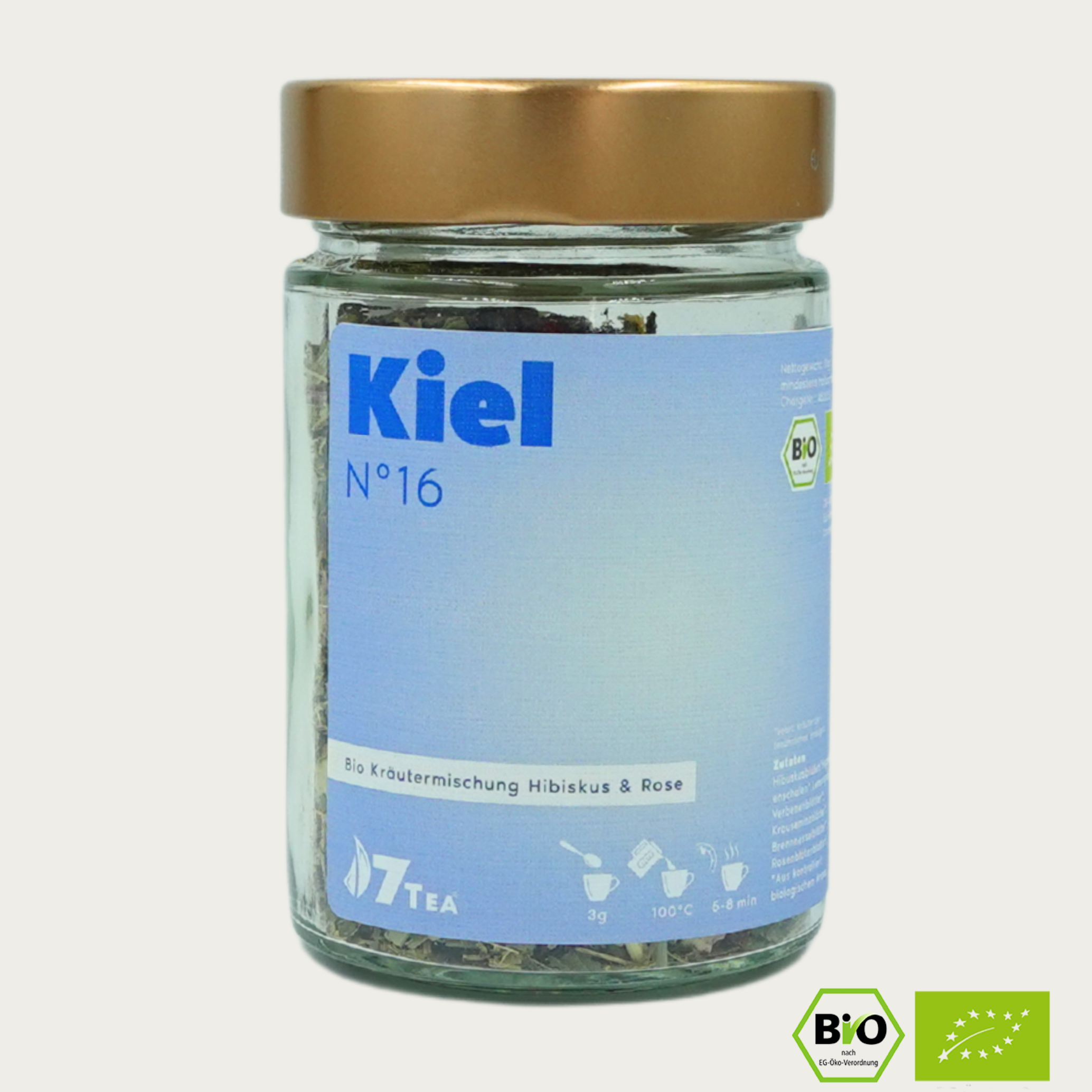Be vigilant when drinking tea: harmful substances in tea and how to avoid them
Table of contents:
- Introduction
- Common pollutants in tea
- Health effects of pollutants
- How to avoid harmful substances in tea
- The role of organic tea
- Final Thoughts
Introduction
Tea is a popular beverage worldwide, but concerns about contaminants in tea are an important issue for health-conscious consumers.
Common pollutants in tea
Contaminants that can be found in tea include pesticides, heavy metals such as lead and arsenic, and fluoride. These can enter the soil where the tea is grown through pollution, agricultural practices or natural occurrences.
Health effects of pollutants
Consuming these pollutants over a long period of time can lead to health problems such as impairment of the nervous system, hormonal imbalances or even an increased risk of cancer.
How to avoid harmful substances in tea
In order to minimize the absorption of harmful substances, it is recommended to choose organic teas that are grown and processed under strict conditions. In addition, teas from regions known for lower levels of pollutants should be preferred.
The role of organic tea
Organic teas are typically free of artificial pesticides and fertilizers, reducing the risk of pollutant contamination. They offer a safer alternative to conventionally grown teas.
Final Thoughts
Although tea offers many health benefits, it is important to be aware of the potential contaminants. By choosing and consuming tea consciously, consumers can enjoy the benefits of tea without exposing themselves to unnecessary risks.





